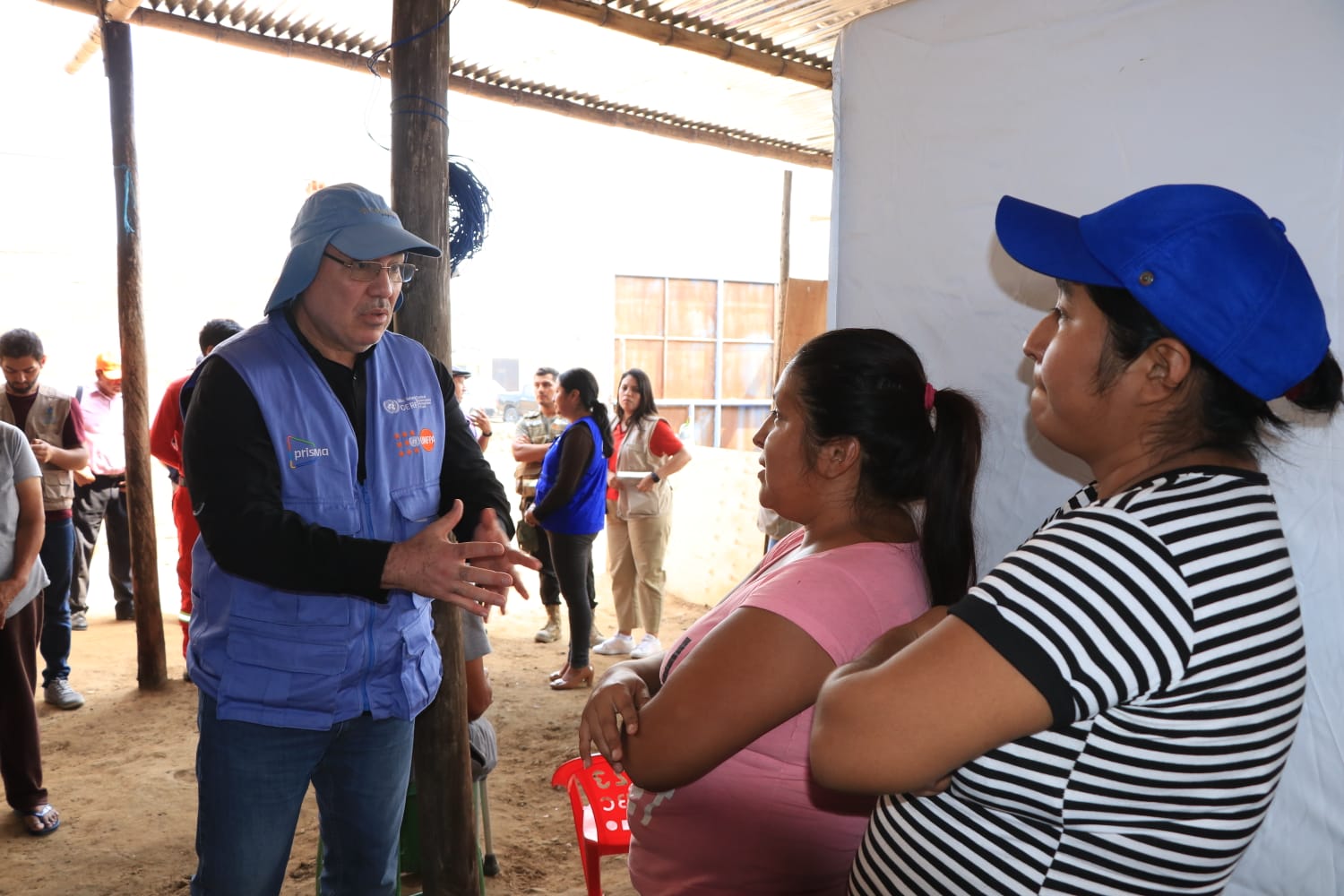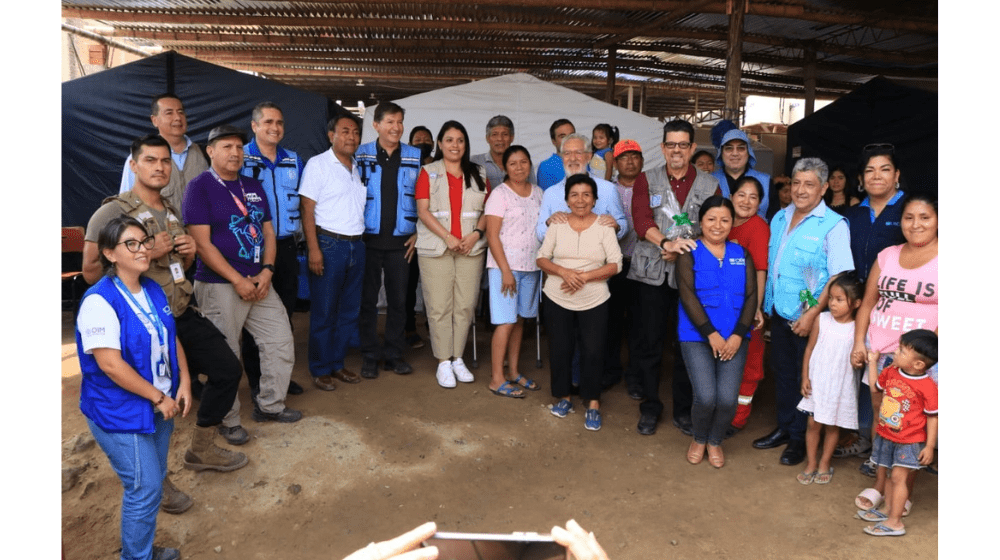The United Nations Population Fund (UNFPA), along with five other UN agencies, presented emergency projects to face the climate crisis to the Regional Governments of Piura and Lambayeque. These projects are funded by the CERF, aiming to respond to the humanitarian needs in the areas affected by the El Niño phenomenon.
The CERF allocated USD 6.9 million for the implementation of emergency projects by FAO, IOM, UNICEF, UNFPA, PAHO/WHO, and WFP, which will reach 240,000 people in need in Tumbes, Piura, and Lambayeque.
The Regional Governor of Piura, Luis Neira, expressed that the support of the United Nations is of great importance for the region, especially in areas where numerous families have been affected.
The event was attended by Ambassador Igor Garafulic, UN Resident Coordinator in Peru; Ambassador Javier Sánchez-Checa, Director of ODE - Ministry of Foreign Affairs; Marcel Estuardo Velásquez Landmann, National Humanitarian Affairs Officer, OCHA; Jorge Baca Vaughan, Chief of Mission, IOM; Javier Álvarez, UNICEF Representative in Peru; Hugo González Coltriani, UNFPA Representative in Peru; Alex Robayo, Deputy Director of WFP.
Similarly, the project was presented in the Lambayeque department, where Regional Governor Jorge Pérez Flores, representatives of civil society, and district mayors highlighted the support of the United Nations.
"The enemies are the social gaps, I thank the United Nations for coming and bringing support to this department that has been hit by the El Niño phenomenon," expressed Governor Pérez.
Visit to San Juan Shelter in Lambayeque
Representatives from United Nations agencies visited the shelter known as "San Juan" in the district of Illimo, in Lambayeque. To date, the shelter has accommodated approximately 500 families during the emergency. Additionally, there are 40 families who cannot return to their homes as they have lost everything. The families expressed gratitude for the presence of the UN representatives and requested assistance in accessing services while they can return to their homes.



